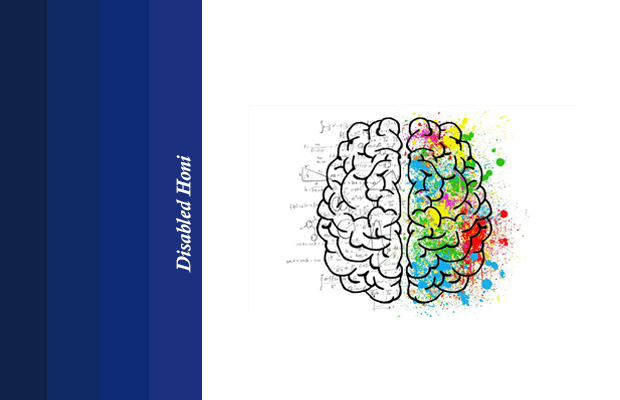Attention-deficit/hyperactivity disorder (ADHD) has historically been controversial. While it is generally accepted as a mental disorder nowadays, there are still concerns about its diagnosis and treatment. In the United States (US), for example, ADHD diagnoses have been increasing, with some claiming ADHD is overdiagnosed. Yet, others say that ADHD is underdiagnosed. In the fifth edition of the Diagnostic and Statistical Manual of Mental Disorders (DSM-5) published by the American Psychiatric Association, ADHD is listed as a neurodevelopmental disorder with three subtypes: predominantly inattentive, predominantly hyperactive-impulsive and combined. Essentially, people with ADHD have issues with attention or impulse which leads to impairment in functioning or development.
From this, is ADHD overdiagnosed, underdiagnosed, or both, and is this really important?
Despite strong arguments from either side on the diagnosis of ADHD, it is not as simple as some people say. ADHD has a complex history, and its understanding has changed evident in the development of the DSM. From the DSM-IV-TR to the DSM-5, published in 2013, the criteria for ADHD was loosened technically increasing the number of people with ADHD. Although this was criticised by some including those who were opposed to the existence of ADHD, it may have been done to help the potential problem of underdiagnoses in adults. For example, one change was the raising of the onset age from 7 to 12. What this meant was symptoms now had to show up before 12 rather than 7, helping adults who may not remember their behaviour before 7. The age itself, however, is still quite arbitrary, as some professionals have pointed out.
Adults are not the only group that are potentially underdiagnosed. Girls and women are also considered by some medical professionals to be underdiagnosed. ADHD has historically been associated with boys stereotyped as loud and hyperactive. However, ADHD is not only comprised of loudness and hyperactivity, and there is also an inattentive variant which does not involve someone being hyperactive-impulsive. This means that people who do not fit this view are often missed, leading to underdiagnoses of those who are symptomatically different. From this, however, we also see a group which has been seen as overdiagnosed.
Because of these stereotypes young children, particularly boys, have been considered to be overdiagnosed. To some, ADHD symptoms can be seen as just how boys are expected to behave (‘boys will be boys’), and ADHD is perceived as potentially pathologising normal childhood development. Especially in the US, where prescription drugs can be advertised direct to consumer, ADHD drug advertisements have played on the fear of parents and have been called out as misleading. Yet, despite the possibility of both underdiagnoses and overdiagnoses, I argue this should not be overanalysed.
While this is a legitimate question, most people who seek diagnosis have real concerns and require help in some way. Whether it is just normal childhood development or perhaps another disorder such as depression or anxiety, it is important that everyone, including parents, are educated and have treatment where necessary. Although diagnoses can provide relief and validation for people who are struggling, the most important part of the equation is not the diagnosis itself but the follow up support and treatment.
Rather than focusing on the appropriateness of diagnosis, I believe that we should strive for better mental health services, and support for people who are struggling, regardless of diagnostic categories. We should encourage people to seek help for their problems, and not stigmatise people for being themselves.
This article appeared in the autonomous Disabilities edition, Disabled Honi 2018.





